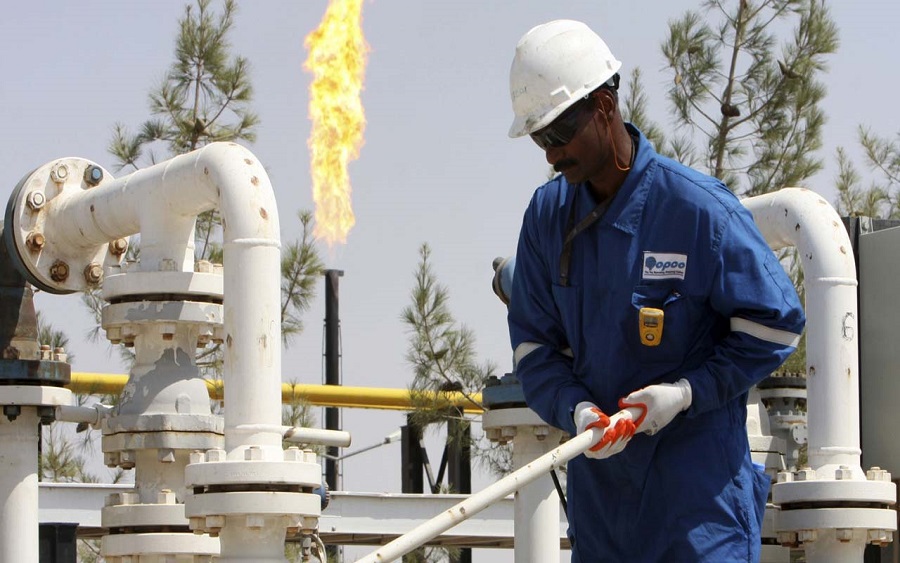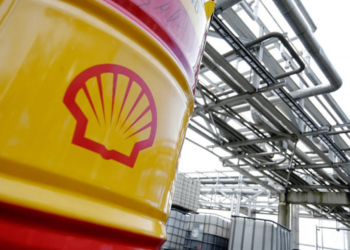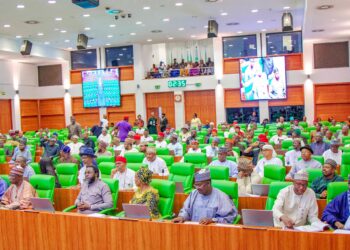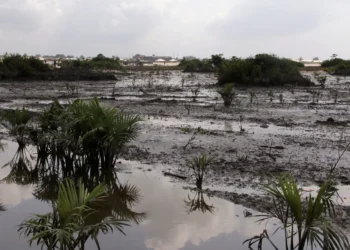ExxonMobil, Shell, Chevron and other International Oil Companies (IOCs) are delaying investment worth $58.4 billion in oil and gas projects across Nigeria.
The delay, which happened due to circumstances beyond the control of the IOCs, is denying Nigeria’s oil and gas industry the much-needed liquidity to finalise projects.

The international oil companies have held on to their final investment decision on projects like Shell’s Bonga South-West/Aparo project.
ExxonMobil, Shell, Chevron and Nigerian Agip Exploration are involved in 46 oil projects under development across sub-Saharan Africa but majority of the projects are situated in Nigeria, according to the Africa Energy Outlook published by Africa Energy Chamber last month.
“Nine of these (projects) are planned, the rest (37) have been announced, with varying prospects for reaching the FID in the near term. Nigeria accounts for half of all these projects, with Angola being the second most active market, followed by Chad.”
Why the delay in investment? A report disclosed that in Nigeria, regulatory and security challenges were major obstacle preventing these companies from approving the final investment decision. It was also added that the slump in global oil prices further compounded their fears.
[READ MORE: NNPC, Shell, others delay final investment on NLNG Train 7)
Also, the statistical arm of the US Energy Department, US Energy Information Administration, said uncertainty surrounding the passage of the Petroleum Industry Bill contributed to the jitteriness of the foreign oil and gas companies in Nigeria.
“Regulatory uncertainty has resulted in fewer investments in new oil and natural gas projects, and no licensing round has occurred since 2007. The amount of money that Nigeria loses every year from not passing the PIB is estimated to be as high as $15bn,” the EIA said.
About the delayed projects: It was learnt that Shell’s $9.7 billion Bonga South-West/Aparo hadn’t received the final investment decision despite having the potential to boost Nigeria’s daily production by nearly 10, adding 143,274 barrels per day in extra crude production capacity at its peak flow.
To further buttress the value of the Shell project, it would be the largest major deepwater project since Total’s Egina which came on stream in 2019.
“The $10 billion project has encountered difficulties. The tendering process has been delayed twice already. While Shell and its partners are still in negotiations with the government over production sharing contracts, the FID is, therefore, unlikely before the second half of 2020,” it said.
Other projects without the FID are ExxonMobil’s $6.2 billion Bosi (126,784 bpd); Chevron’s $8.2 billion Nsiko (95,685 bpd); ExxonMobil’s $8.2 billion Owowo West (138,301 bpd); ExxonMobil’s $6.1 billion Uge-Orso (99,532bpd) and Nigerian Agip Exploration Ltd’s $9.2 billion Zabazaba (146,739 bpd).

Meanwhile, Shell’s $1.5 billion Gbaran Phase 3, Eni’s $1.1 billion Samabri-Biseni and Shell’s $1.2 billion Uzu are part of the announced gas projects that have not been sanctioned.
[READ ALSO: Shell to witness weaker margins in Q4)
Delay is not denial: Despite the delay in the investment by the international oil companies, Africa Energy Chamber projected a positive outlook for sub-Saharan Africa’s gas market, citing the ongoing development of 24 projects. Punch reported that $44 billion had been committed by the foreign oil companies in capital expenditure to Africa but Mozambique accounting for nearly 80% of the investment.
“Nigeria will see more modest investment of around $1.7bn but there are multiple projects worth nearly $5bn (led by Eni/Shell) that could achieve the FID in the coming years and expand its production capacity. Of the 14 announced projects, the Mamba Complex LNG project in the Rovuma Basin in Mozambique is the most significant.”





















Comment:how can I get job in the oil sector?